NEWS
The Holidays: How to Reduce Waste & Stress
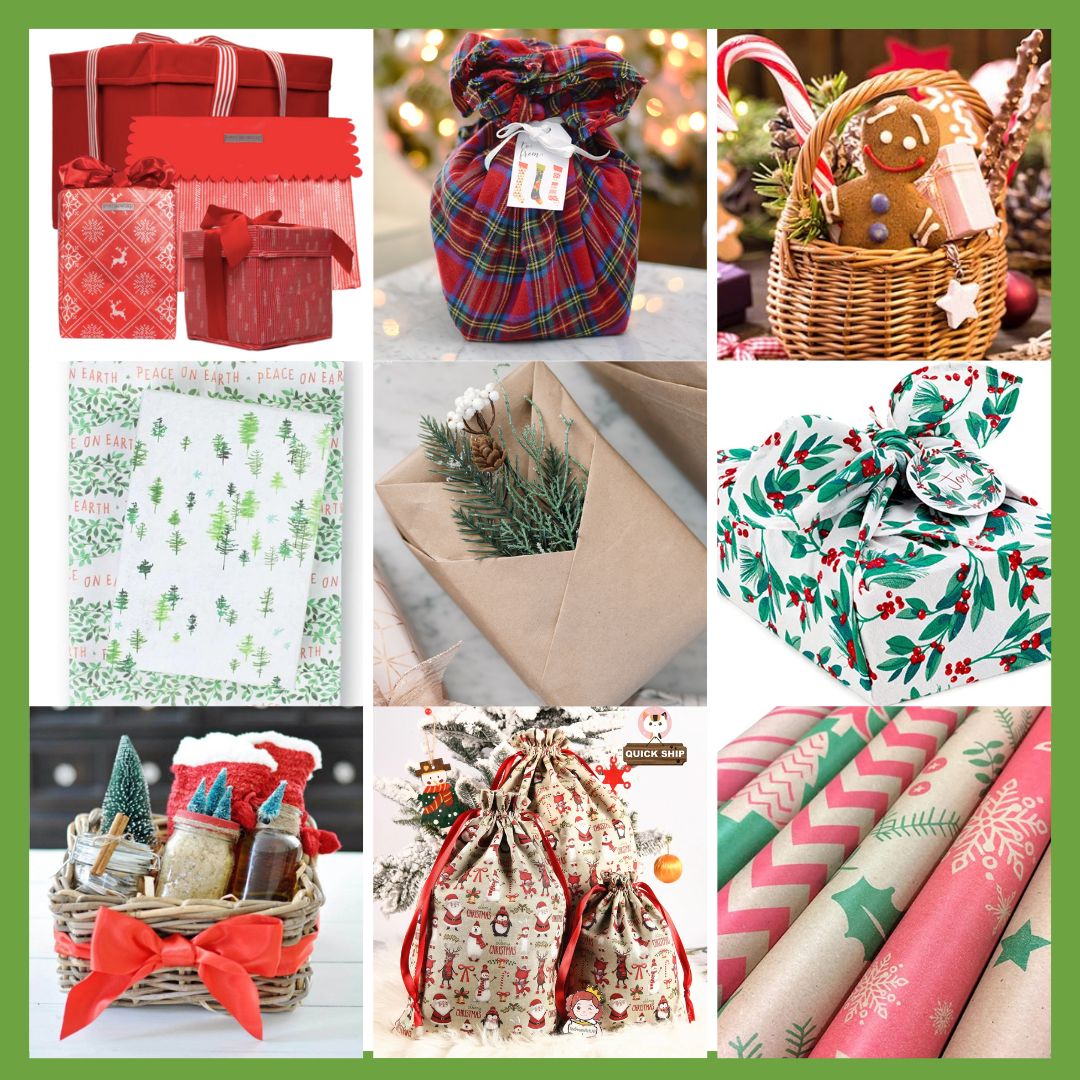
Holiday stress is not uncommon. We can all relate to the social and family pressures, disruption of your normal eating and sleeping routines, and general fatigue resulting from all the extra “to-dos” on your checklist. But did you know that wastefulness is also a significant cause of underlying holiday stress? In a recent study, over half of the respondents experienced higher levels of stress and unhappiness as a RESULT of wastefulness during the holiday season.
It is true. Americans throw away 25% more trash during the period between Thanksgiving and the New Year than any other time of year. The extra waste amounts to 25 million tons of garbage or about 1 million extra tons per week!
Many people have shared with us that they feel forced to choose between enjoying the holiday or being sustainable. That does not have to be the case! To reduce your waste, help the planet, and improve your own well-being, consider some small changes on the biggest waste offenders of the holiday season:
1. Wrapping Paper
Every year, an estimated 4.6 million pounds of wrapping paper is used in the U.S., most of which ends up in the landfill or incinerator.
Unfortunately, the vast majority of wrapping paper (particularly holiday wrapping paper with its glossy coatings, glitter, and foils) CANNOT be recycled. In general, masses of wrapping paper wreak havoc on recycling machinery, and the more components added to the original paper, the more challenging it becomes for recycling centers to access the actual fibers needed for recovery and recycling.
2. Gift Bags & Tissue Paper
Gift bags and tissue paper are two popular holiday items that also cannot be recycled. Similar to wrapping paper, most paper gift bags are adorned with additional finishes that make them impossible to recycle. Even if the gift bag is plain, it can only be recycled if it is brown, and the handles are removed. Tissue paper creates issues for recycling centers, so it should be trashed (or avoided altogether!).
3. Bows & Ribbons
Gift bows and ribbons are also trash. Consider replacing the traditional stick-on bows and synthetic ribbon with reusable cloth ribbon. At the very least, reuse ribbon and bows rather than throwing them in the trash. If every family reused just two feet of holiday ribbon, the 38,000 miles of ribbon saved could tie a bow around the entire planet!
Holiday Gift Wrapping Alternatives:
The good news is there is an increasing number of fantastic, sustainable, alternative options for holiday gift wrapping. From 100% compostable and recyclable wrapping paper, to reusable fabric wraps, and creative thrift ideas, there are plenty of ways to wrap your gift while being conscious about excess waste. Check out some of our recommendations below.
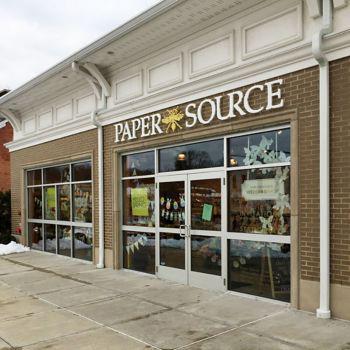
Shop Local
Look no further than Paper Source. They offer a number of fun and festive flat folded holiday papers which are 100% recyclable.
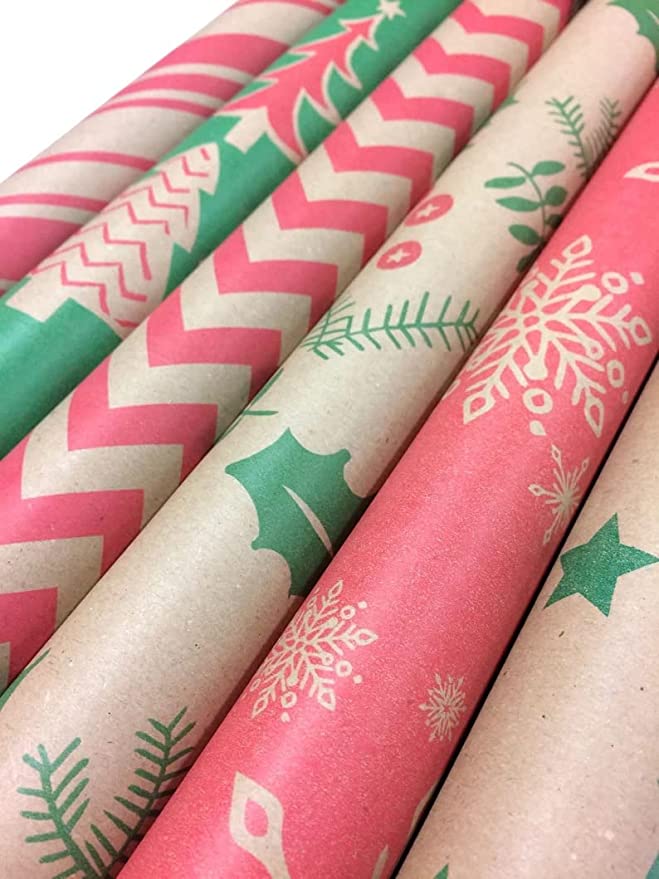
Bella Gift Wrap Company
Bella produces classic colors and designs on 100% recyclable craft paper. Sold in sets of six, Bella papers are made of 100% recycled paper and are recyclable and biodegradable.
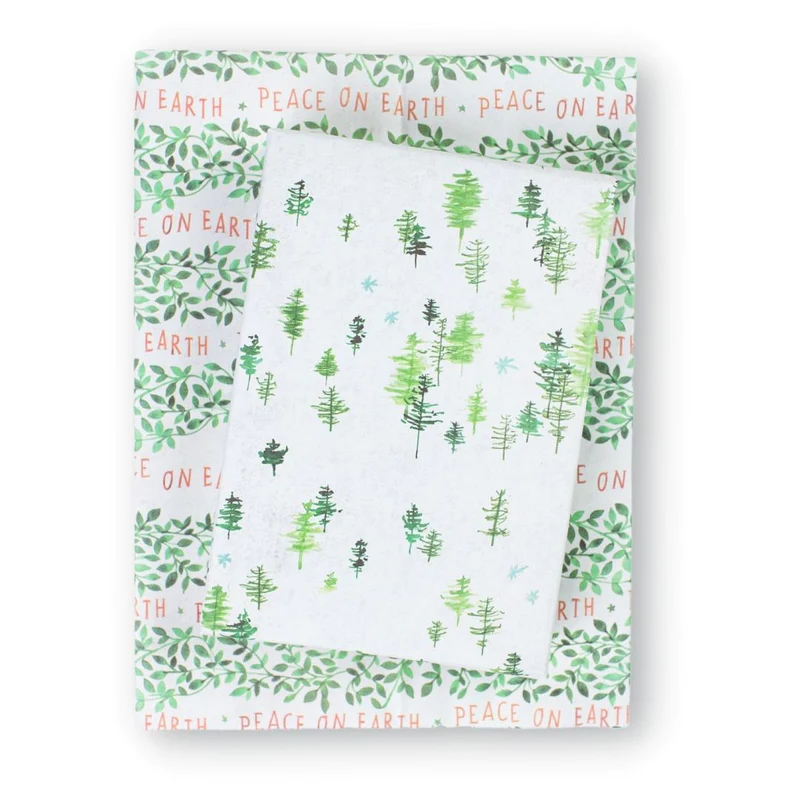
EverWrap
EverWrap gift bags, boxes, and bows are all made to be reused. The bags and boxes are self-closing with the closures built in, so no scissors or tape is needed for gift wrapping and they are also foldable and lay flat for easy storing.
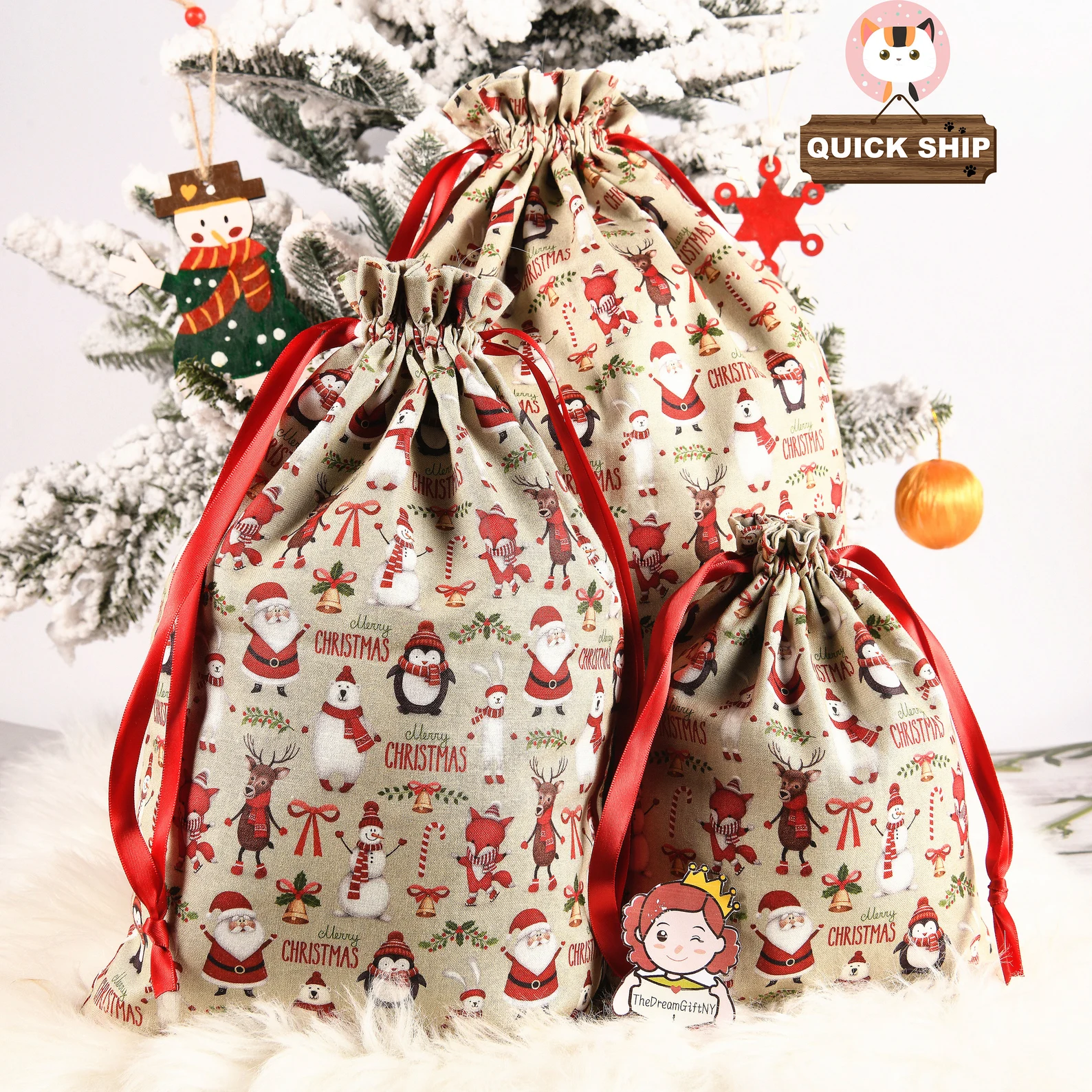
The DreamGiftNY
Handmade fabric gift bags that can be re-used for many years. They’re a fun and thoughtful way to present gifts-your friends and family will love the bag as much as what’s inside.
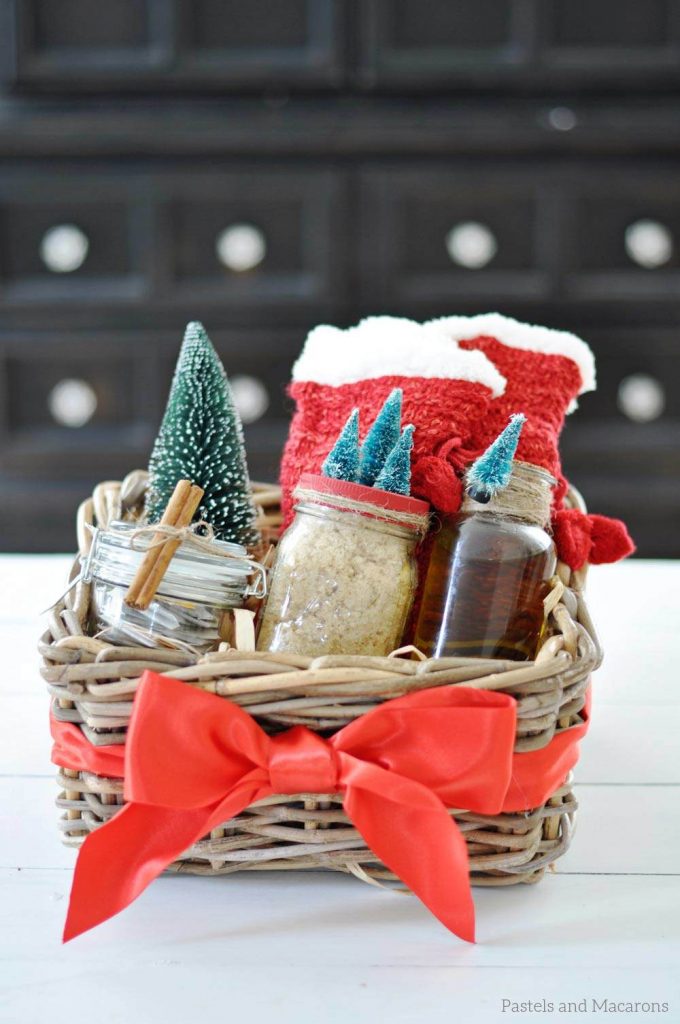
Get Creative & Thrifty!
Baskets, jars, tins, clay flower pots, and dust bags are easy to find and inexpensive to purchase at your local second-hand store. Rather than producing more waste, you’re providing wrapping that is useful and unique. You can always consider giving gifts in reusable shopping or produce bags as well – one can never have enough!
4. Food Waste
We would be remiss if we didn’t mention the food as a top contributor to holiday waste. It is estimated that 25% of municipal solid waste is food and during the holiday season this number increases significantly. Follow these tips to help reduce your overall food waste now and throughout the year.